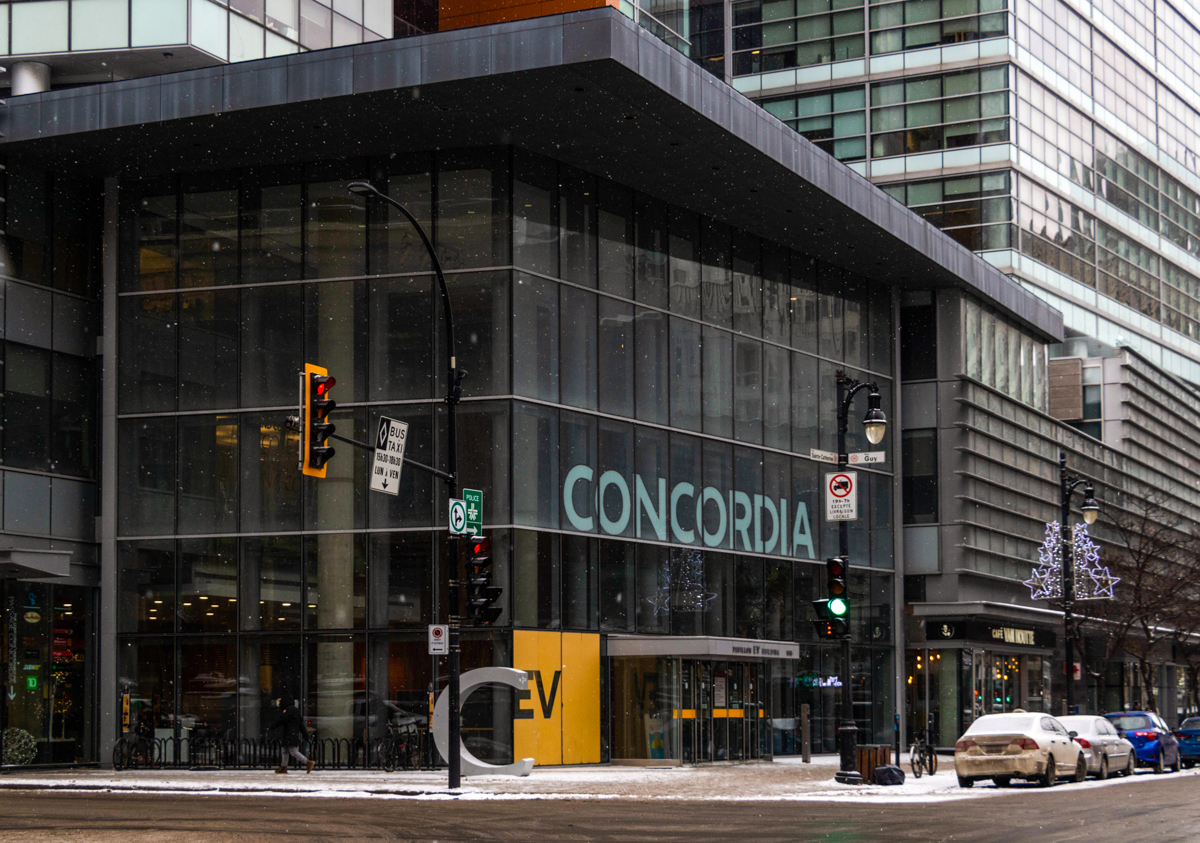The letter claims previous demands posed by the CSU were rejected
The Concordia Student Union’s (CSU) updated open letter condemns the university for dismissing demands previously put forward regarding the return to campus.
On Jan. 13, the CSU sent an open letter to the university demanding an organized plan for a return to in-person learning. As of Feb. 1, the letter has acquired over 3000 signatures, according to the CSU, who said they received mixed reactions in response to the university’s decision.
“As such, and given that our mission at the CSU is to represent the student body, we are in this response shifting focus on how to safely return to campus on a hybrid model basis, provide more and better accessibility and ensure proper mental health support systems,” wrote the CSU.
The letter explains that the Concordia Board of Governors — the highest decision-making body of the university — discussed the previously written open letter on Jan. 27. However, wrote the CSU, “this discussion took place in closed session as some governors expressed not wanting any discussion in open session to damage the university’s reputation.”
The CSU quoted Helen Antoniou, chair of the Board of Governors, in the open letter “Because there is an open letter, we will comment on that in the closed session because […] I don’t think it’s the habit of the university to speak.”
The CSU criticized the response of board members, arguing that “the fact that their focus remained on maintaining appearances is not only a dismissal of the health and safety of students, faculty, and staff but also shows disregard for any attempt at transparent communication.”
Concordia confirmed the return to in-person classes on Feb. 3 in an email to students at the end of January.
The university’s announcement noted health and safety measures put into place, highlighting the mandatory use of masks in shared indoor spaces and academic accommodations.
In their letter, the CSU argued that gaps remained in the university’s information regarding safety measures, drawing particular attention to challenges in accessing COVID-19 self-isolation forms for students who contract the virus.
“As a result of the university’s lack of care and transparency for its community, all of our demands made in the Open Letter sent on Jan. 13 were rejected,” wrote the CSU.
“As many students are currently in precarious situations; financially, mentally, physically; the lack of action taken by the university in supporting its students is deplorable”.
The CSU, in partnership with other faculty and student associations within Concordia, shared they have taken matters into their own hands “until the administration is willing to step up to the plate and take the wellness of its community as well as accessibility issues seriously.”
Among their initiatives, the CSU said they are creating a peer-support network, aimed at providing note taking services and potential recordings and live streams of classes. The union added that they plan to initiate ways for students to take part in contact tracing in classes.
Additionally, they aim to provide a limited number of K95/KN95 masks, reserved for higher risk community members.
In a previous email to The Concordian, Concordia University Spokesperson Vannina Maestracci shared that the university “already face[s] obstacles in providing N95s for the groups who do require them.”
The CSU’s updated letter contains a list of 20 demands, pleading for the university to acknowledge actions deemed necessary to ensure a safe return to campus.
Among the list is a request for “retroactive tuition reduction” or the waving of late fees, penalties and interest on tuition payments.
Additionally, the letter demands better communication with students and heightened transparency on behalf of the university regarding any future decisions made surrounding the return campus.
The CSU’s letter presses Concordia to introduce a fully hybrid winter semester, “not forcing anyone onto campus who cannot safely do so while simultaneously ensuring that students do not have to choose between dropping out of all their courses and risking their lives.”
The plea for hybrid learning is followed by a request to make all in-person course material available to students attending class online. The CSU also asks that exams and assignments are offered online for students unable to make it in person.
Escalating their concerns to protests and strikes if Concordia fails to respond to these demands is not off the table, warned the CSU in their letter.
“Should Concordia wish to reinstate any faith or respect from its community, the Concordia administration must simply do more.”
